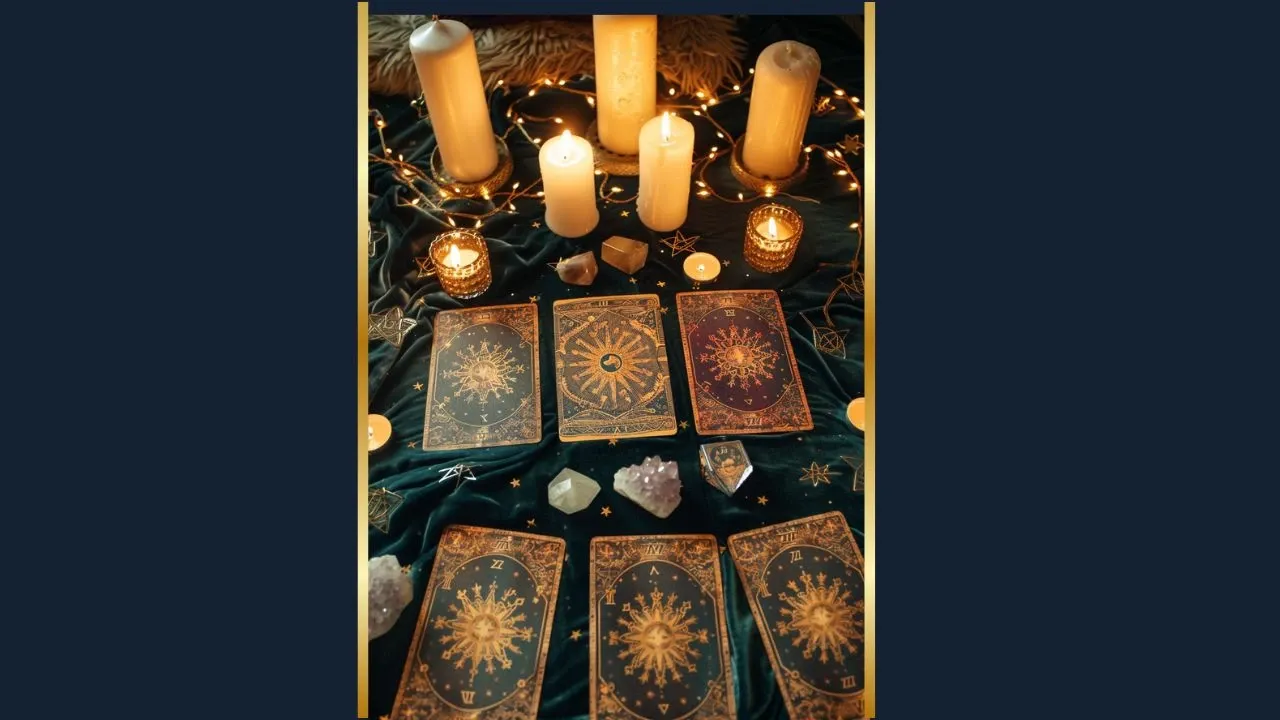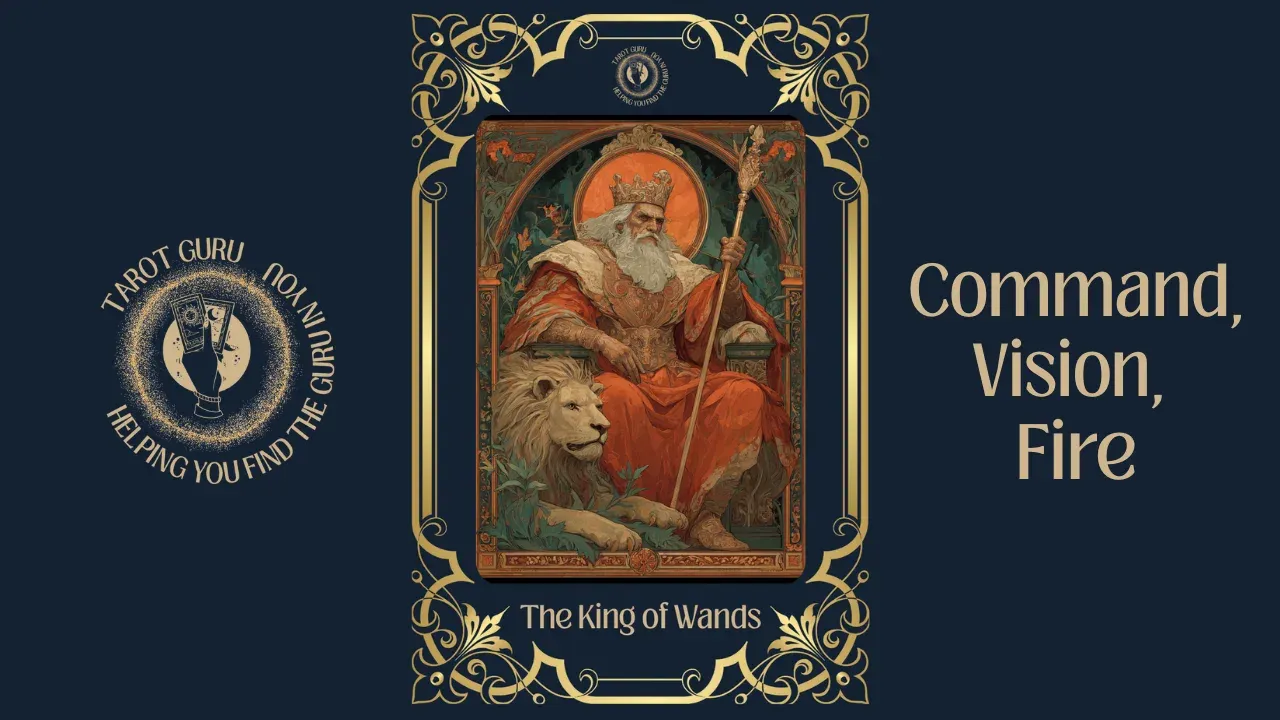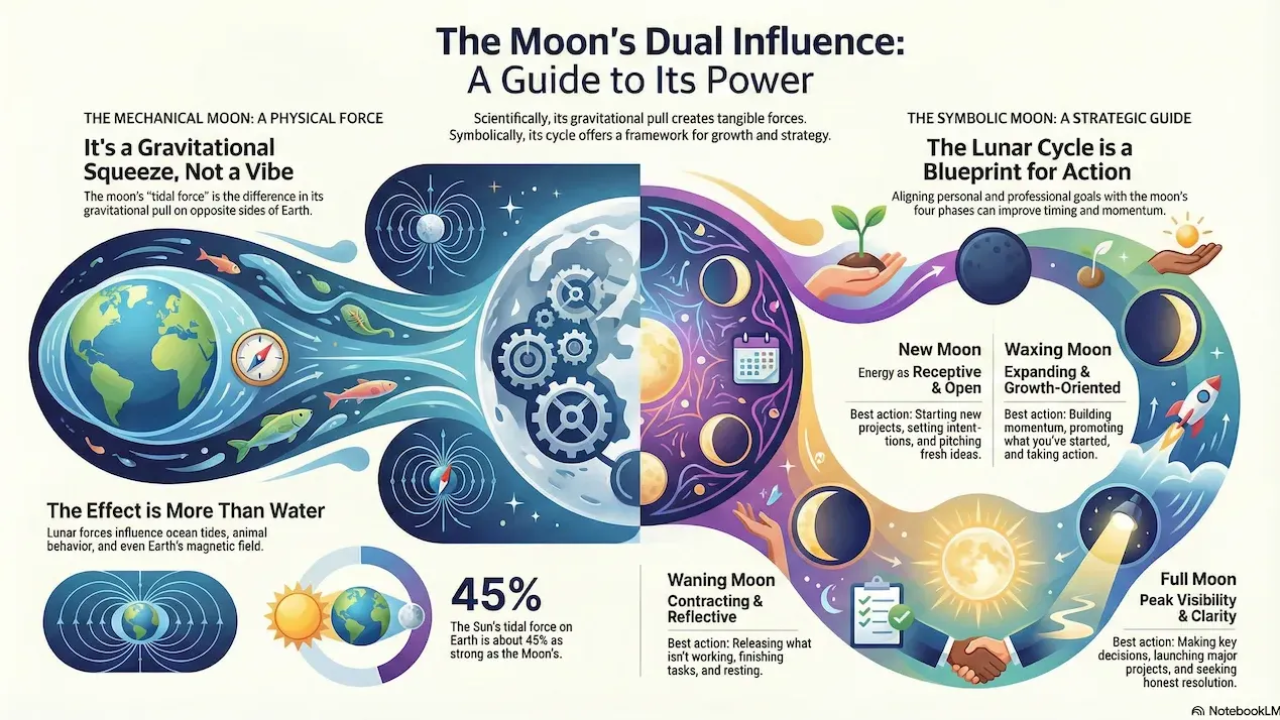How to Use Tarot to Uncover Your Money Mindset (Even If You've Never Done a Reading)

You don't need to be psychic to use tarot for money mindset work. You just need to be willing to ask better questions than "When will I be rich?"
Why Tarot Reveals What Budgets Can't
Traditional money advice assumes your problem is discipline. Tarot assumes your problem is awareness.
Most financial blocks aren't about math—they're about beliefs you inherited before you could question them. Maybe you absorbed "money doesn't grow on trees" with a side of parental anxiety. Maybe you watched someone you loved break themselves for a paycheck and decided wealth requires suffering.
Tarot bypasses your logical mind and speaks to the part of you that's running the show: your subconscious patterns around scarcity, worth, and safety.
When you pull cards about money, you're not asking the universe to predict your bank balance. You're asking your inner knowing to show you what's really blocking the flow.
The research backs this up. Dr. Brad Klontz's work on "money scripts"—the unconscious beliefs we inherit about wealth—shows that these invisible patterns determine financial behavior more than income or education ever could. If you want to go deeper on the psychology, his book Mind Over Money breaks down how these scripts form and why they're so hard to change without conscious intervention.
Tarot is that intervention. It makes the invisible visible.
The 3 Questions That Shift Everything
Forget "Will I get money soon?" That question keeps you passive, waiting for external circumstances to save you. These three questions reframe money as something you co-create, not something you wait for:
1. What belief about money is running my decisions right now?
This reveals the unconscious script. Examples:
- "I have to work myself to exhaustion to deserve wealth"
- "Money always leaves, so why try to keep it?"
- "Asking for what I'm worth makes me greedy"
Pull a card and ask it to show you the belief. Don't Google the meaning yet—just notice what feeling comes up when you see the card. That feeling is the belief.
2. Where did this belief come from?
Usually childhood. Maybe a parent who said "We can't afford that" with shame in their voice. Maybe watching someone you loved sacrifice everything for financial security that never came.
Pull a second card and ask: "Where did I learn this?" The card won't give you a literal answer—it'll give you an emotional association. Follow that thread in your journal.
3. What would it look like to choose a different story?
This is where tarot gets practical. The cards don't just diagnose—they show you the next aligned step.
Pull a third card and ask: "What belief would serve me better?" Let the card suggest a new way of seeing. Write it down. That's your new money script.
What to Look For in Your First Money Reading
You don't need to memorize 78 card meanings. Just notice patterns:
Repeated suits:
- Lots of Pentacles? You're hyper-focused on material security—sometimes to the point of rigidity or fear-based gripping.
- Lots of Swords? Your money anxiety is loud. You're overthinking, catastrophizing, or stuck in mental loops about scarcity.
- Lots of Cups? Your financial decisions are driven by emotional needs—comfort spending, people-pleasing with money, or avoiding conflict around worth.
- Lots of Wands? You have the vision and passion, but might be scattered or impatient with the practical side of building wealth.
Reversed cards:
These often point to internal blocks—beliefs you're carrying that don't serve you anymore. If a card appears reversed in a money reading, it's usually showing you where energy is stuck or flowing backward.
Your gut reaction:
If a card makes you uncomfortable, that's the one to journal on. Discomfort = recognition. Your subconscious knows this pattern. The card just named it.
Most people pull a card, Google the meaning, and stop there. The real work is asking: Why did this card bother me? What does it remind me of? What am I not ready to see?
Try This: A Simple 3-Card Money Mindset Spread
Pull three cards and place them like this:
Card 1: The belief I'm operating from (even if I don't consciously realize it)
Card 2: Where this belief came from (origin story—childhood, family, culture)
Card 3: The new belief I'm ready to choose (your next step forward)
Write down whatever comes up—even if it feels random or doesn't make logical sense. Tarot works through association, not logic. That "random" thought is usually the one your subconscious has been trying to tell you for years.
If you want a structured framework for this kind of inner work, our Money Blocks Journaling Prompts guide you through 7 questions that help you trace patterns and rewrite your money story.
What Happens When You Actually See the Block
Here's what changes when you name the invisible belief running your money story:
You stop wondering why budgets never stick (because the problem wasn't the budget—it was the belief that you don't deserve to keep money, or that tracking spending means admitting you're not "good with money").
You stop blaming yourself for "not being good with money" (because the real issue is an inherited script you didn't choose).
You start making decisions from choice instead of fear (because you can see the pattern clearly enough to interrupt it).
Tarot doesn't fix your finances. It shows you what's been blocking your relationship with abundance. The rest is up to you.
And if you need practical money management skills after you clear the blocks? Start with trusted resources like the Consumer Financial Protection Bureau's financial tools or You Need A Budget for conscious spending tracking. Inner work + outer skills = real transformation.
For deeper reading on the intersection of psychology and money, The Psychology of Money by Morgan Housel explores why financial behavior is driven more by emotion than logic—it's the secular version of what tarot has been showing you all along.
Beyond Tarot: Resources for Financial Literacy
Clearing your money blocks is the inner work. Managing your money well is the outer work. Both matter.
Once you've shifted the belief, you need the skills:
Budgeting & tracking:
You Need A Budget (YNAB) or Mint to track spending consciously and see where unconscious beliefs show up in real dollars.
Debt management:
National Foundation for Credit Counseling (NFCC) offers free counseling if you're overwhelmed by debt and need a clear plan.
Investing basics:
Vanguard's Investor Education for straightforward, fear-free wealth-building guidance.
Financial literacy foundation:
Consumer Financial Protection Bureau (CFPB) for government-backed tools and resources.
Recommended reading:
Check out our curated Money Mindset Reading List for books that bridge consciousness and practical financial skills.
Tarot shows you why you've been stuck. These resources show you how to move forward.
Ready to Identify Your Specific Money Block?
If this process sparked recognition or discomfort, you're ready for the next layer of this work.
Take our free course: Assessing Your Money Blocks
You'll discover:
- Which of the 7 most common money blocks is affecting your flow right now
- How each block shows up in tarot readings (with card connections)
- A personalized roadmap for what to shift next
It's free, self-paced, and designed to meet you exactly where you are.
Once you've identified your blocks and want the complete system for transforming them, explore the Breaking Financial Blocks with Tarot course ($333)—the comprehensive framework for rewiring unconscious money patterns using tarot as your guide.
Disclaimer
This content explores the psychology and consciousness of money, not financial advice. For budgeting, investing, or financial planning, consult the resources above or a qualified financial professional. Tarot is a tool for self-reflection, not a substitute for financial literacy or professional guidance.
Disclosure: Some book links on this page are affiliate links through Bookshop.org, which supports independent bookstores. If you purchase through these links, we may earn a small commission at no extra cost to you. We only recommend books we genuinely believe will support your growth.
Stop Googling Card Meanings - Start Reading with Confidence
Get my beginner-friendly $22 course and learn to trust your intuition instead of memorizing meanings. Practice with simple spreads and build confidence without constantly looking things up




